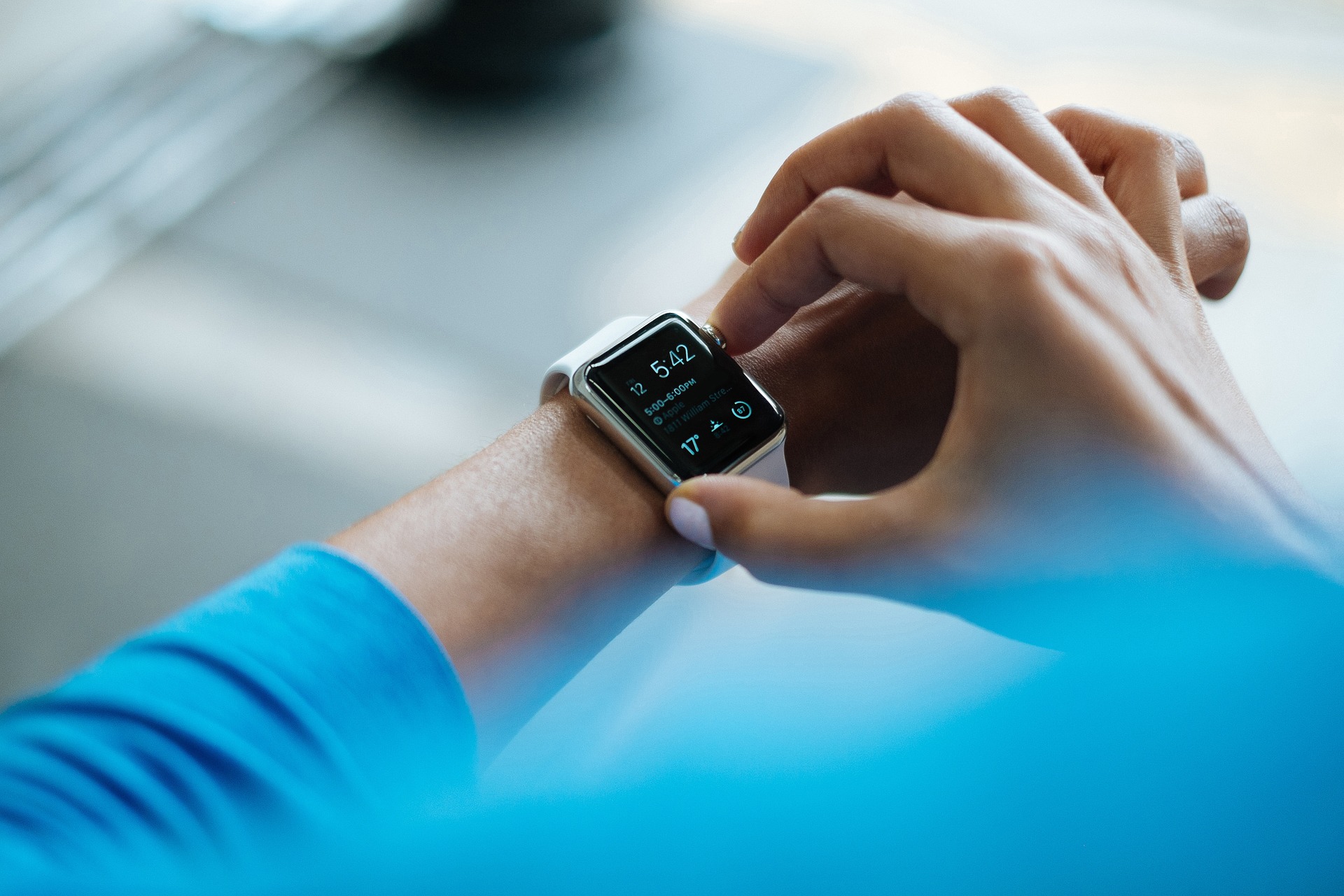In recent posts, we have discussed how advances in technology are affecting businesses in general as we continue through 2019.
From AI to the IoT, technological advances are finding utilization across all spheres of our daily life. Healthcare technology trends look similar to those in the broader marketplace, with specific application to the medical field. Here are some ways we can expect new technologies to affect those engaged in medical and health care.
Healthcare Technology to Watch in Coming Months
- Wearable Technology and the IoT: Wearable technology (wearables) incorporate computer and advanced electronic technologies into practical devices for everyday use. Some of the most recognizable wearables include fitness devices which count steps, measure calories and track fitness goals; but the medical field is wide open for a vast amount of wearable applications. Assimilating wearable technology into the Internet of Things (IoT) allows for application such as electrocardiograms in Apple Watches; which can be easily sent to a physician along with blood pressure readings and heart rate data. These wearables will increasingly allow healthcare providers to gather real-time health data from their patients without needing to schedule a traditional visit.
- Blockchain Advances: Look to blockchain technology to ease the fears of many regarding privacy issues in healthcare, addressed by HIPAA. The original purpose of moving to Electronic Health Records was to make medical histories and patient data more mobile. However, we know that health records are among the most valuable pieces of data to cybercriminals. “Blockchain” is a relatively new term in both technology and healthcare worlds. A blockchain is defined as a growing list of records (blocks) which are linked utilizing cryptography. Each block contains a cryptographic hash of the previous block, a timestamp, and transaction data. Blockchain will make it safer and faster for all parties engaged in a patient’s progress to collaborate securely.
- Artificial Intelligence in Healthcare: Many medical device manufacturers have begun to deliver AI solutions which they claim can diagnose conditions more rapidly – and more effectively – than traditional doctors. This has significant implications for patients who live in underserved communities, have a condition which makes going to office visits difficult, or are completely homebound. In these and similar situations, patients can receive an accurate diagnosis quickly, without necessitating excessive travel. AI is also showing great promise in connecting patients with appropriate and available clinical trials based upon their health data. Those dealing with cancer, Alzheimer’s, diabetes, autism, and heart disease may soon be identified through their wearables – and be quickly qualified for experimental treatments based on their electronic health record.
Of course, those engaged in the healthcare industry – whether providing services, developing products, or treating patients – are held to stricter privacy standards due to HIPAA regulations. It remains to be seen how these new technologies, as promising as they are, may affect the confidentiality and integrity of patient data. As wearables, blockchain technology, and artificial intelligence applications evolve, new regulation and protections may become necessary.
Still, these new healthcare technology trends are causing great excitement throughout the industry; as practitioners begin to discern the many ways they can positively affect quality patient care.
The experts at Alliance IT are dedicated to helping our clients to identify, implement and integrate the emerging technologies that will take their business to the next level. From assuming responsibility for your cybersecurity to advising you as to the best applications for your business, we are here to help. Call today for a technology assessment, or a no-obligation consultation as to how managed services or cloud solutions can help your organization.

